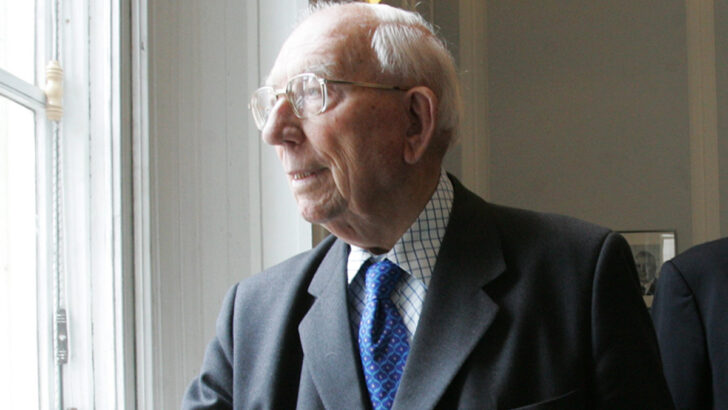The Irish Department of Finance 1959-99, by Ciarán Casey (Institute of Public Administration, €35.00/£30.99).
The Irish Department of Finance traces its beginning to the establishment of the Irish Free State in December 1922. It retained the work-practices and most of the personnel of its previous existence as an ancillary branch of the British Treasury.
In the Irish Department of Finance 1922-55 (Dublin, 1978), Ronan Fanning recorded the evolution, indeed convolutions of its early history. In this study Ciarán Casey continues the narrative up to 1999. These were years of significant social, political and structural change. So this book follows Fanning’s in being an essential study for anyone wishing to understand the emergence of our modern European-focused Ireland
Dr Casey begins with a description of Irish civil servants in general. Three-quarters of them were educated in the schools of the Irish Christian Brothers. The competition to join the civil service was such that it secured many of the best performing school-leavers in the country. Some of the most gifted civil servants found their way into the Department of Finance. In addition, the Department of Finance and External Affairs recruited university graduates.
Seniority
However, promotion based on seniority sometimes blocked the best and the brightest from having much impact on the system, causing them to become disillusioned and to leave the service. Irish businesses were the beneficiaries of this.
Dr Casey also notes that one of the generally recognised imperatives in the civil service is that senior officials in the Department of Finance remain politically impartial in order to assist the ministers of different governments and different political parties with equal diligence.
Nationwide, civil servants remain unpopular. Popular budgets are attributed to Ministers of Finance. Unpopular budgets to the civil servants. They are ever the subject of much criticism in the press and the favourite butt of jokes and humorous exchanges – cue the satiric pens of Dublin Opinion.
To cap it all those in the Department of Finance could also find themselves to be unpopular with colleagues in other departments, whose spending ambitions they had blocked or severely restricted.
Civil servants treasure anonymity and tend to be self-effacing. Thus, it is no surprise that Casey adopts a thematic approach in his study of the Department of Finance. However, the average reader would find a history of the Department through the lens of its leading figures much more interesting.
In the period under review the Secretaries leading the Department were: T. Kenneth Whitaker (1956-69), Charles H. Murray (1969-76), MN. Ó Murchú (1976-7), Tomás F. Ó Cofaigh (1976-81), Maurice Doyle (1981-87), Seán P. Cromien (1987-94), and Patrick Mullarkey (1994-97). All were outstanding public servants; some were remarkable, not least T.K. Whitaker. (He arranged to have a biography written, thus safely pushing back the advent of a more critical work.)
When Whitaker was appointed secretary in 1956 the Irish economy was in a deep depression. Whitaker believed that free trade with increased competition and the end of protectionism would become inevitable and that jobs would have to be created by a shift from agriculture to industry and services.
He and a team in the department produced a study of the economy and a detailed plan of recovery policies to improve it. The government published it as a White Paper which became known as the First Programme for Economic Expansion. The program brought in foreign investment which transformed the Irish economy. Whitaker’s crucial intervention and his other positive contributions to public life were acclaimed even in his own lifetime.
Honesty
Concluding his description of Irish civil servants, the author writes: “The competence and honesty of Ireland’s public service has been cited as one of the factors in its recent economic transformation. This integrity should not be taken for granted given both the experiences of other new States and the behaviour in Irish political circles in the latter half of the 20th Century.
“For years on end officials in the Department of Finance doggedly opposed unsustainable public service pay increases for which they themselves would have been eligible. Giving precedence to the public good was something they did reflexively in a quiet act of genuine patriotism.”
Here, Dr Casey could also have given “a shout out” to the Irish Christian Brothers, their schools and the other colleges, which sowed the seeds of integrity and patriotism in the minds and hearts of those of their students who one day would have a crucial role in ensuring the economic and financial viability of the nation as it entered not only a new century, but a new millennium.


 T K-Whitaker looks forward to a brighter future.
T K-Whitaker looks forward to a brighter future. 